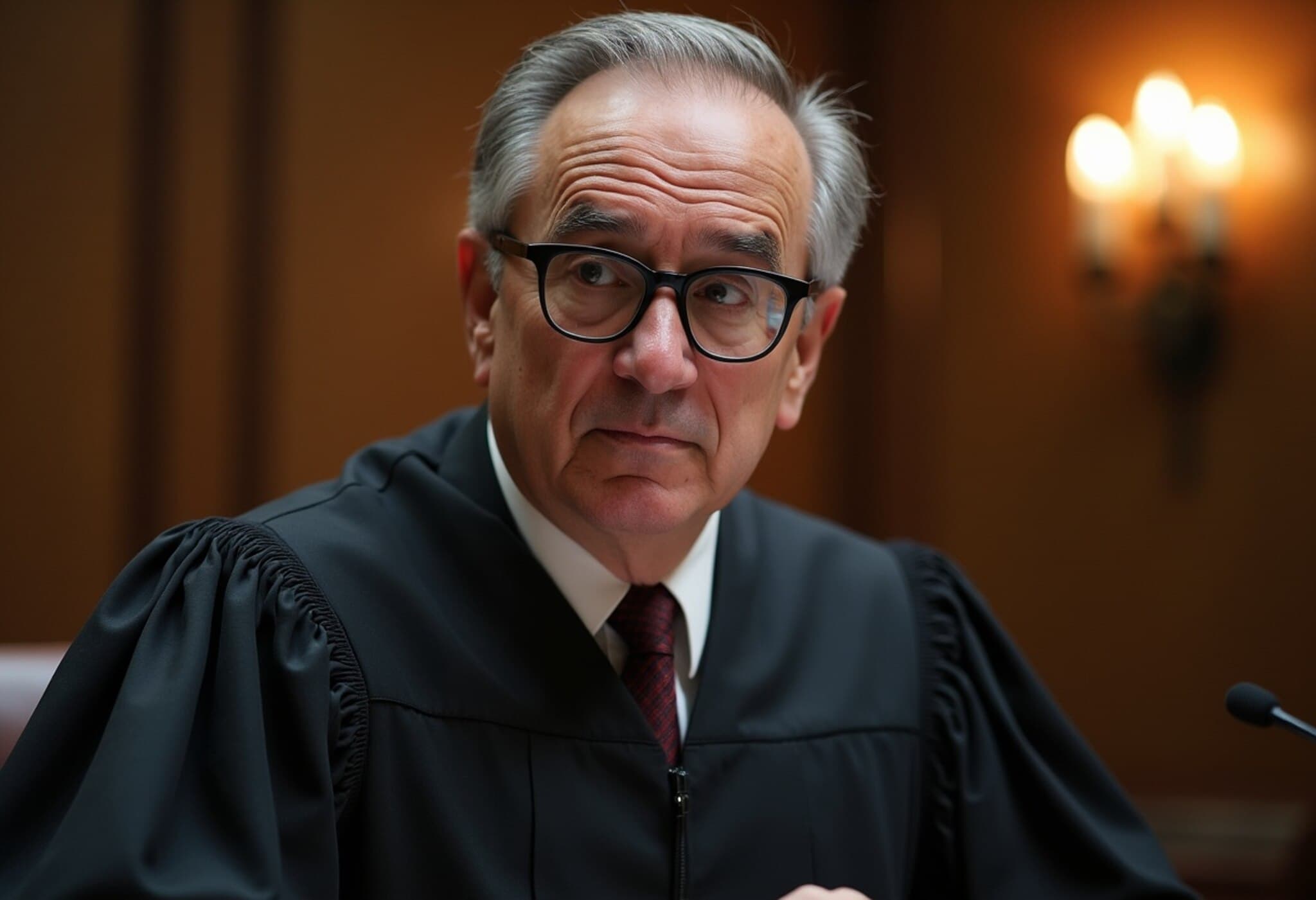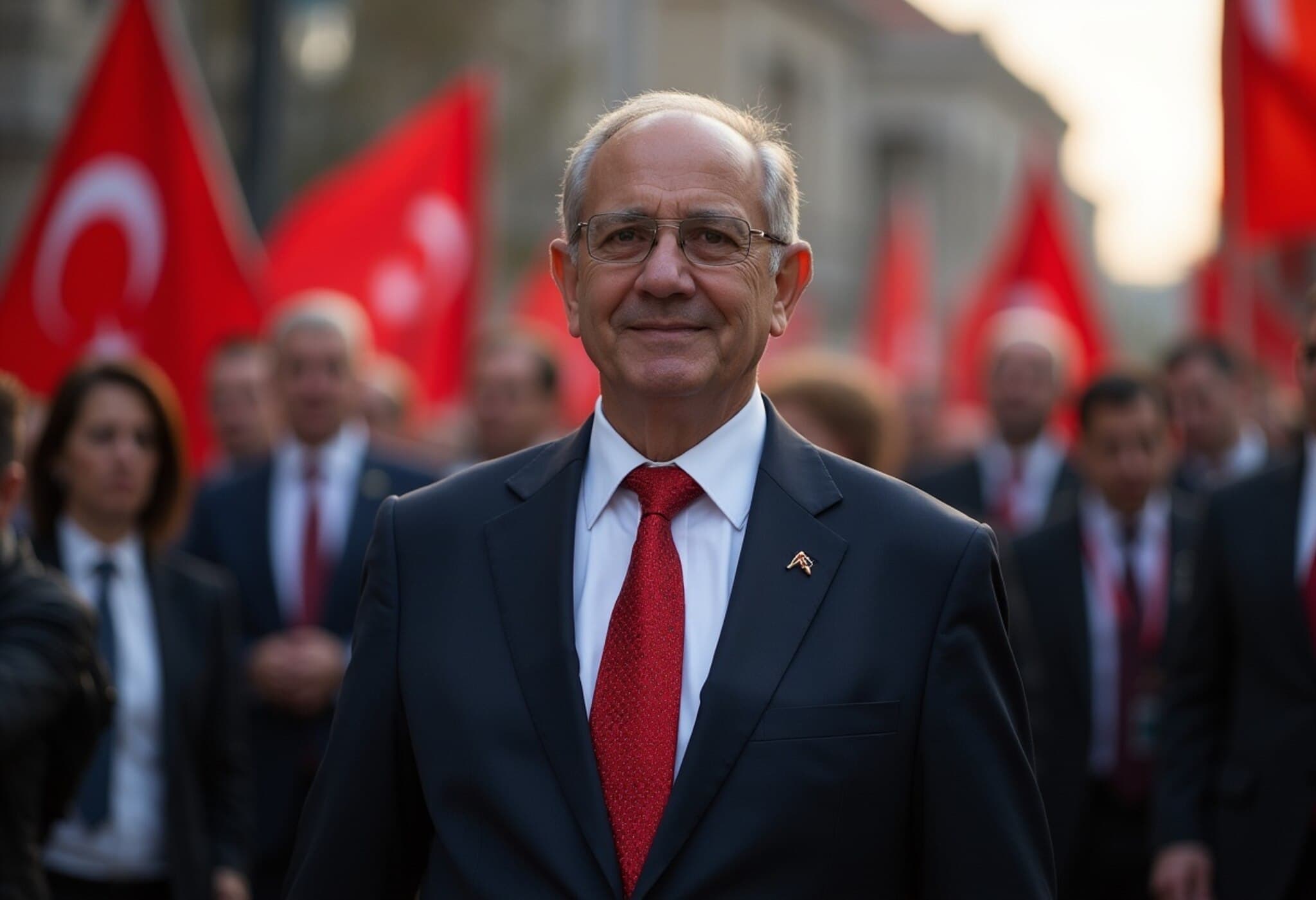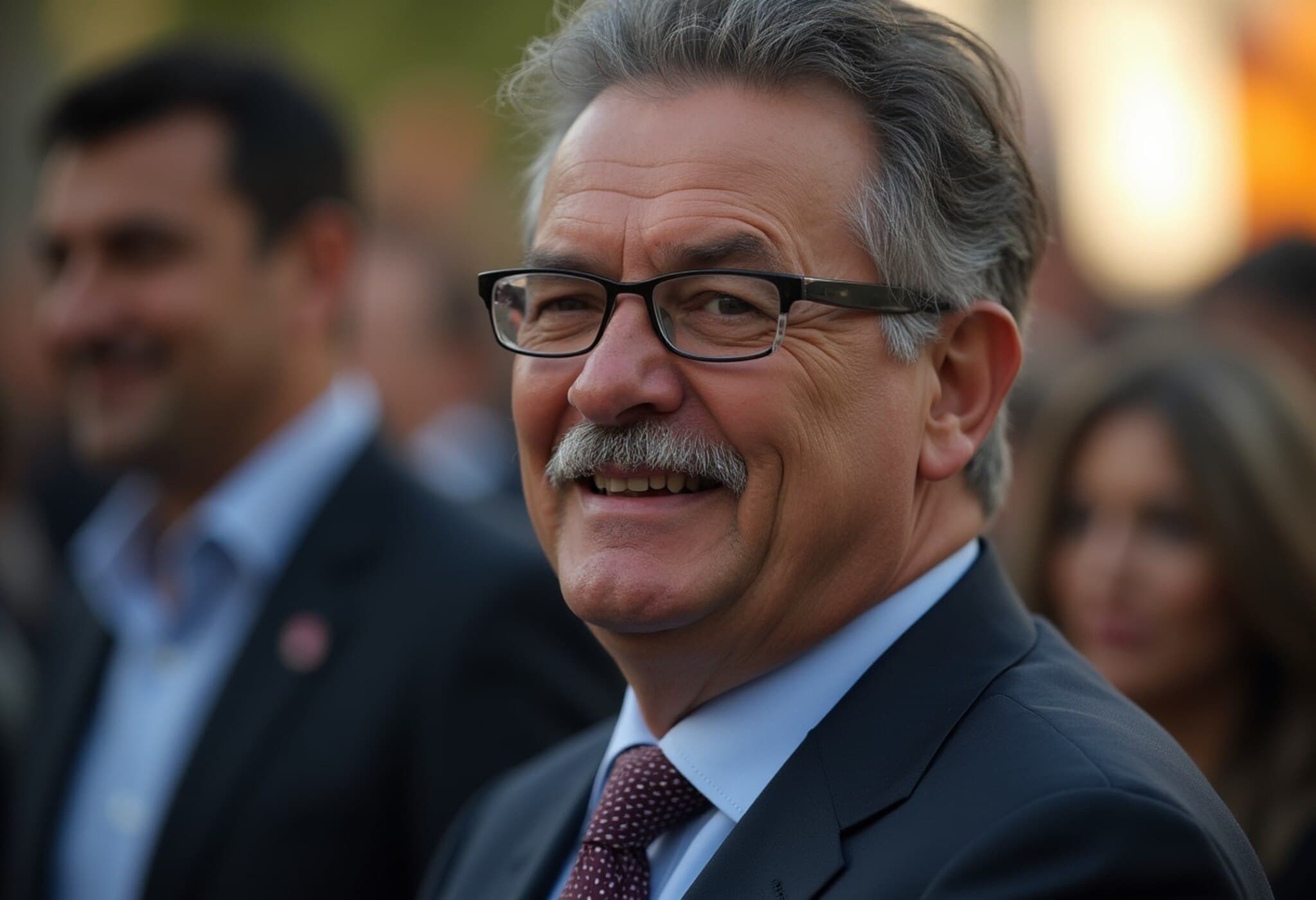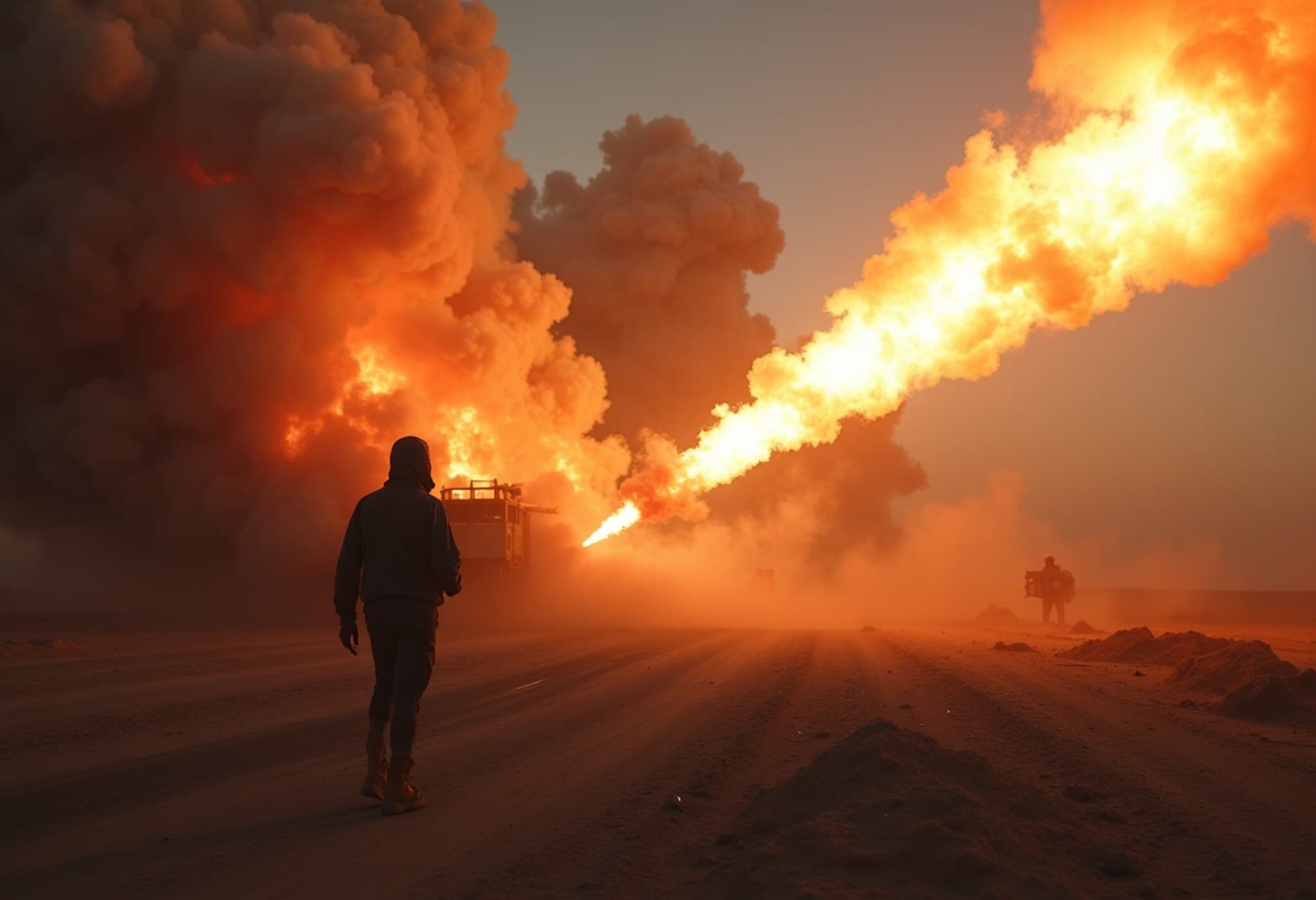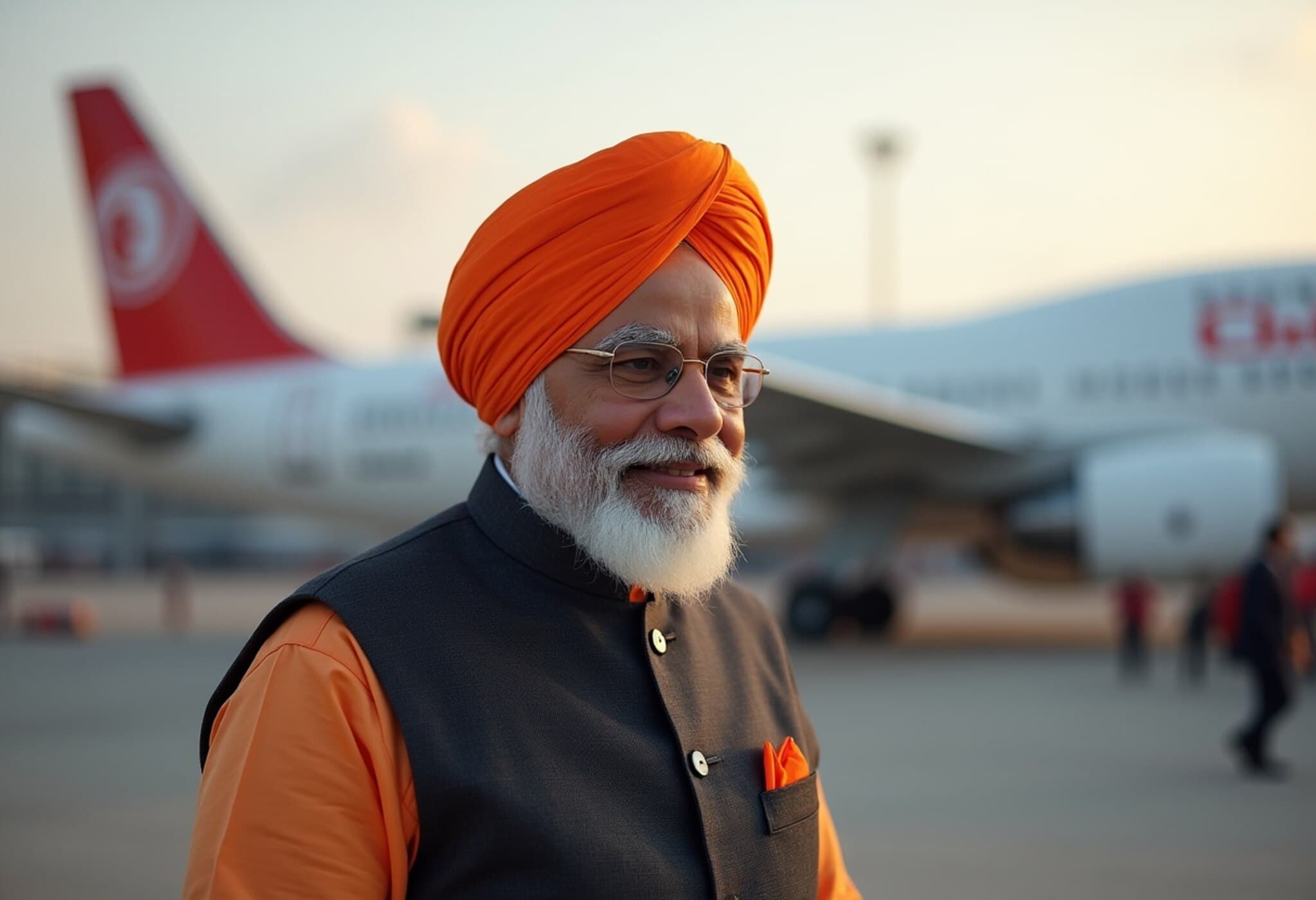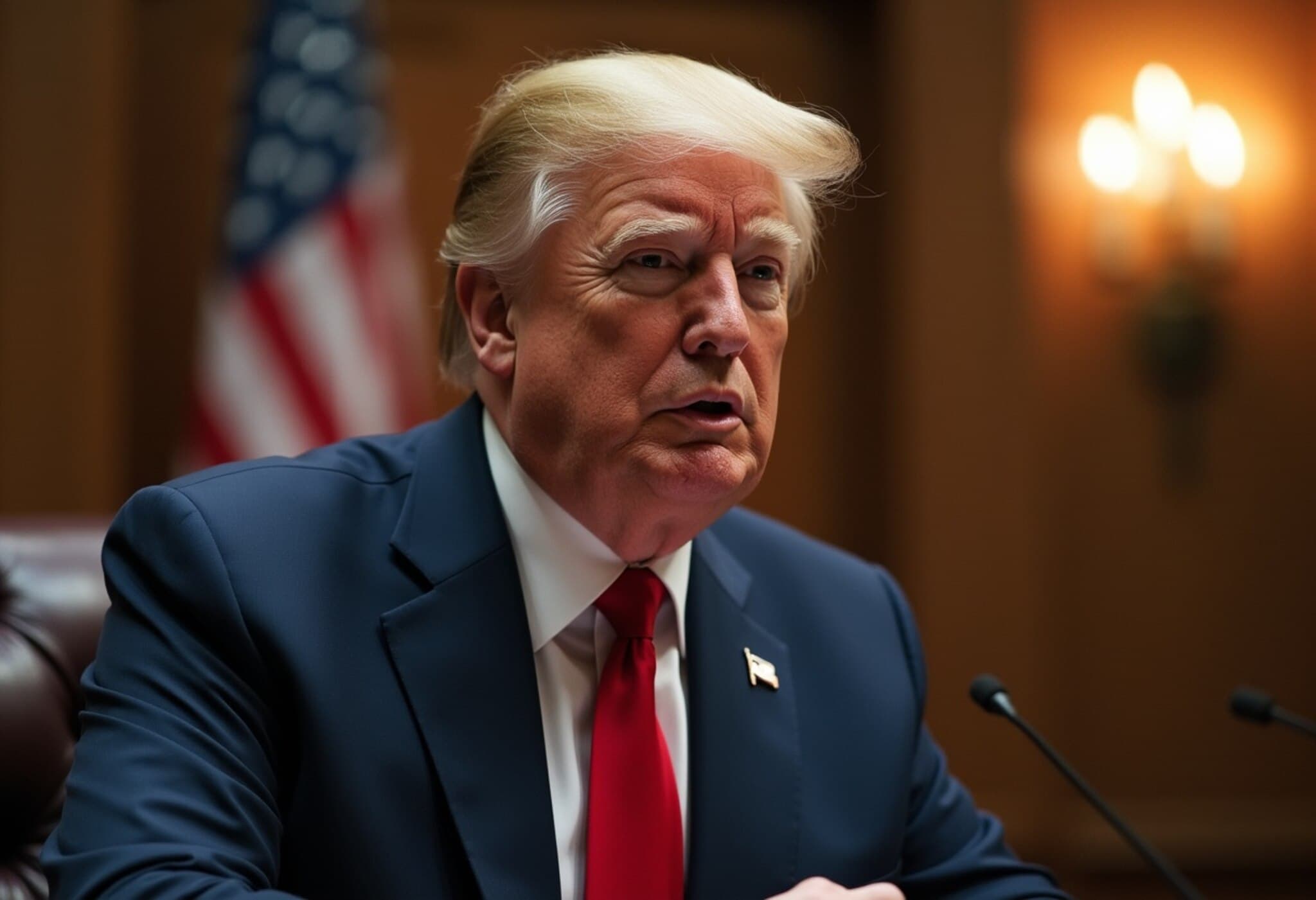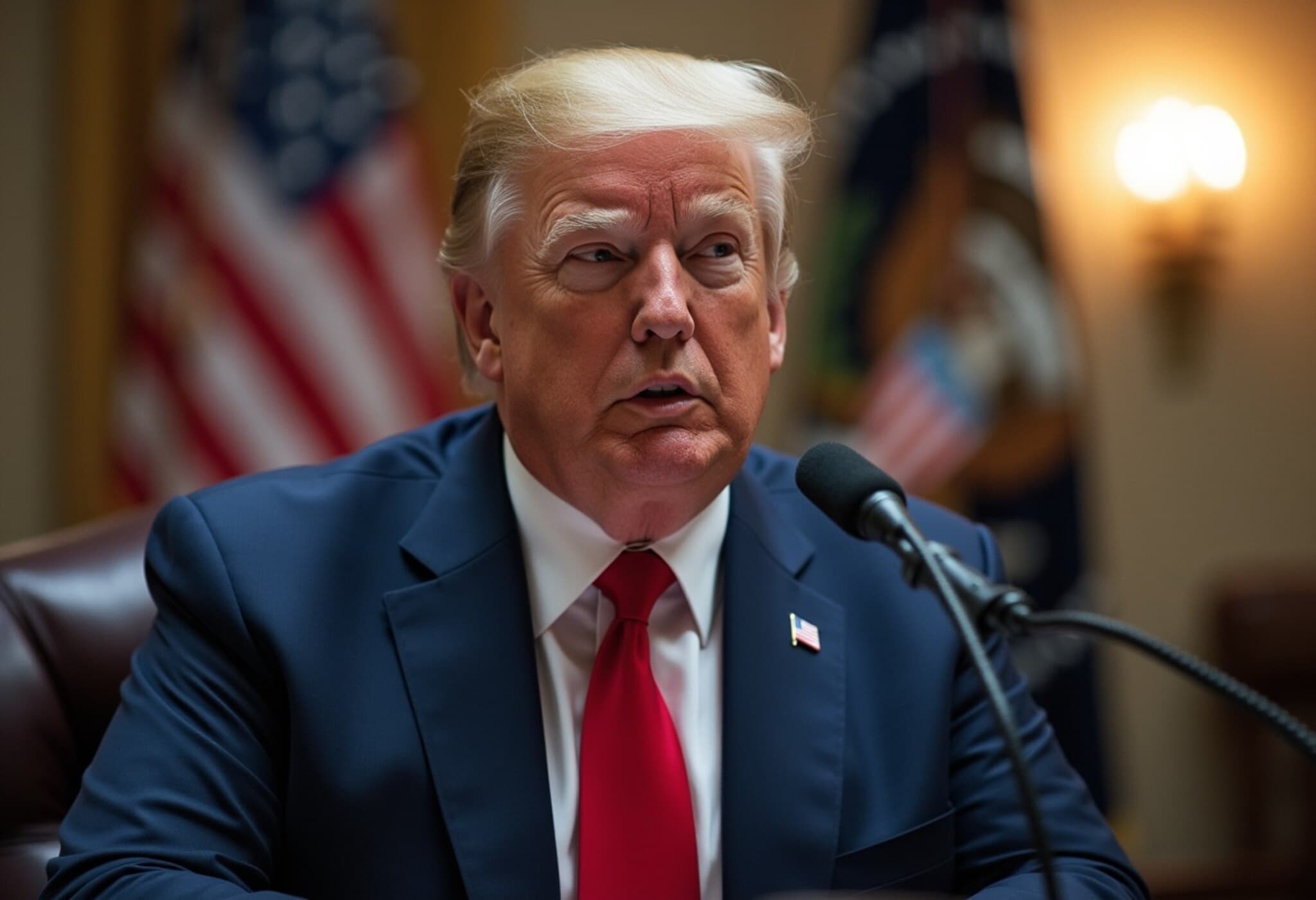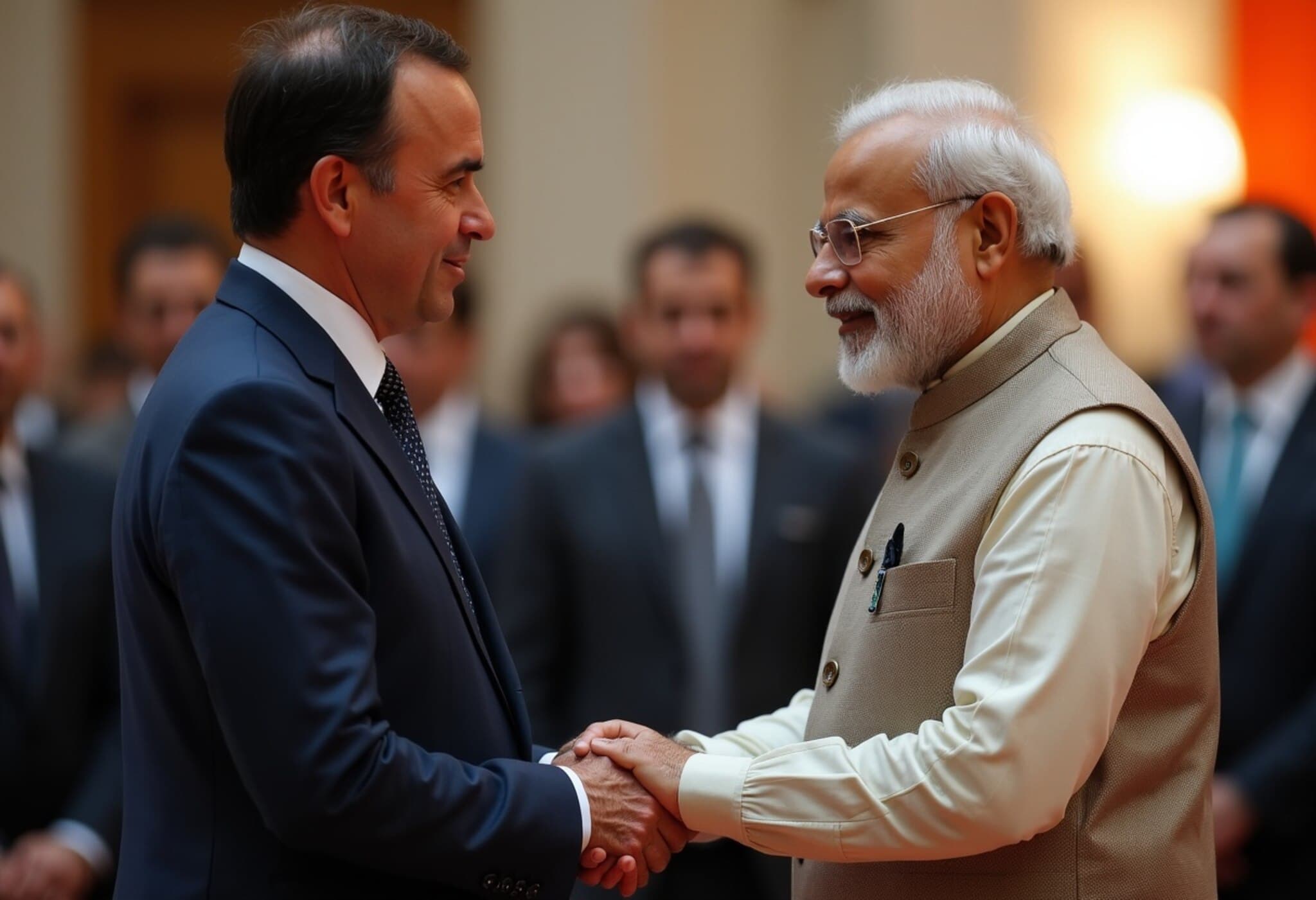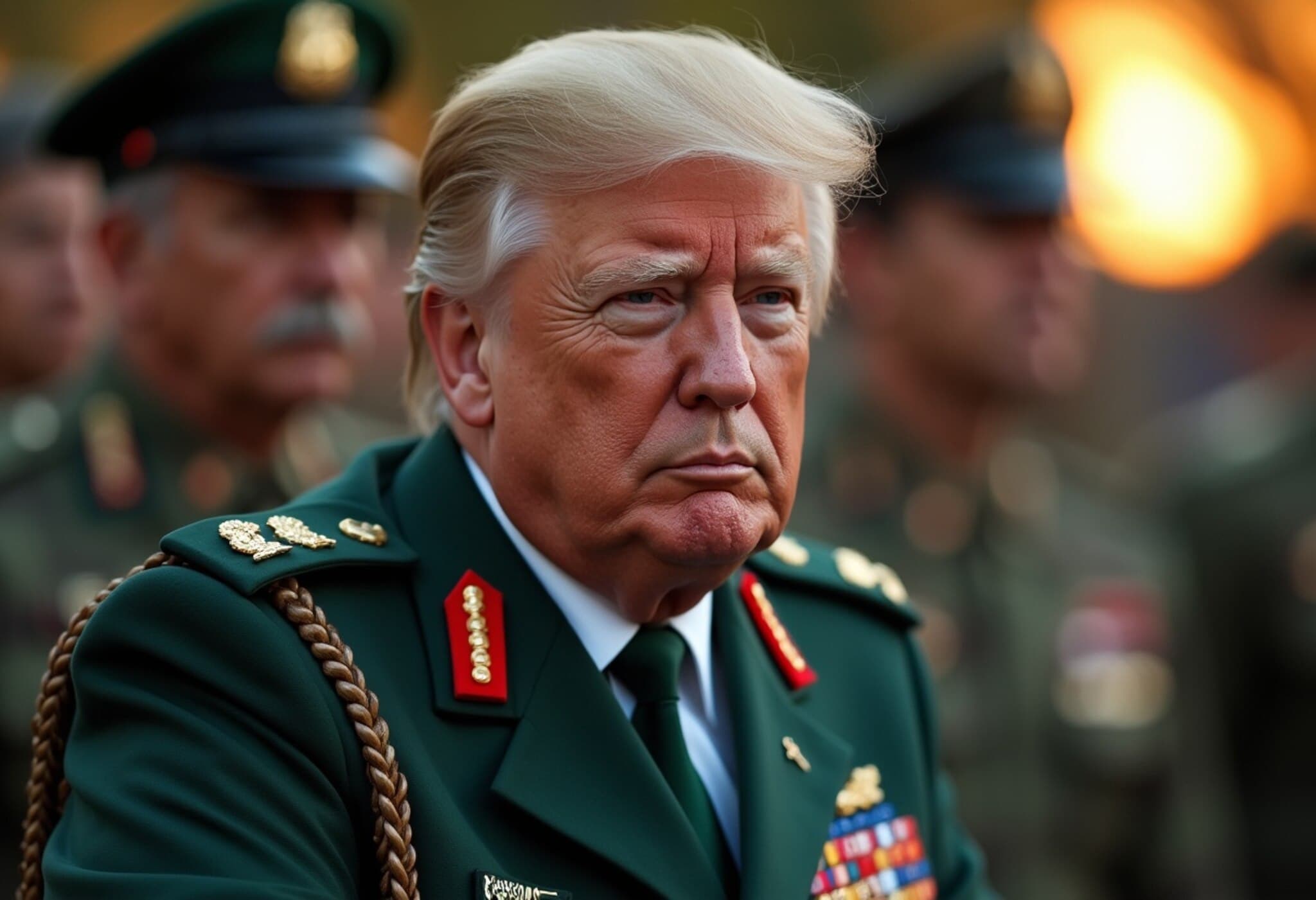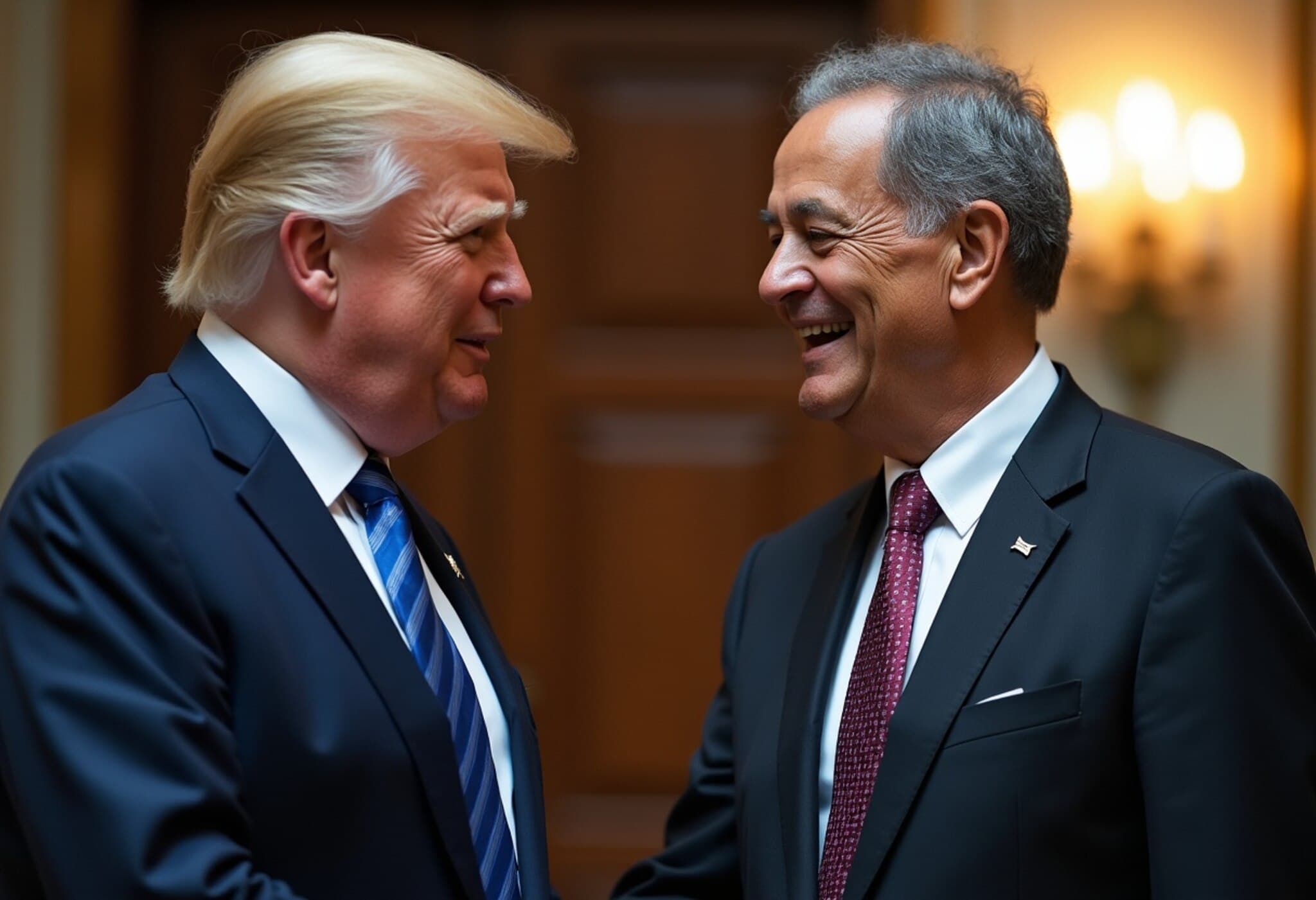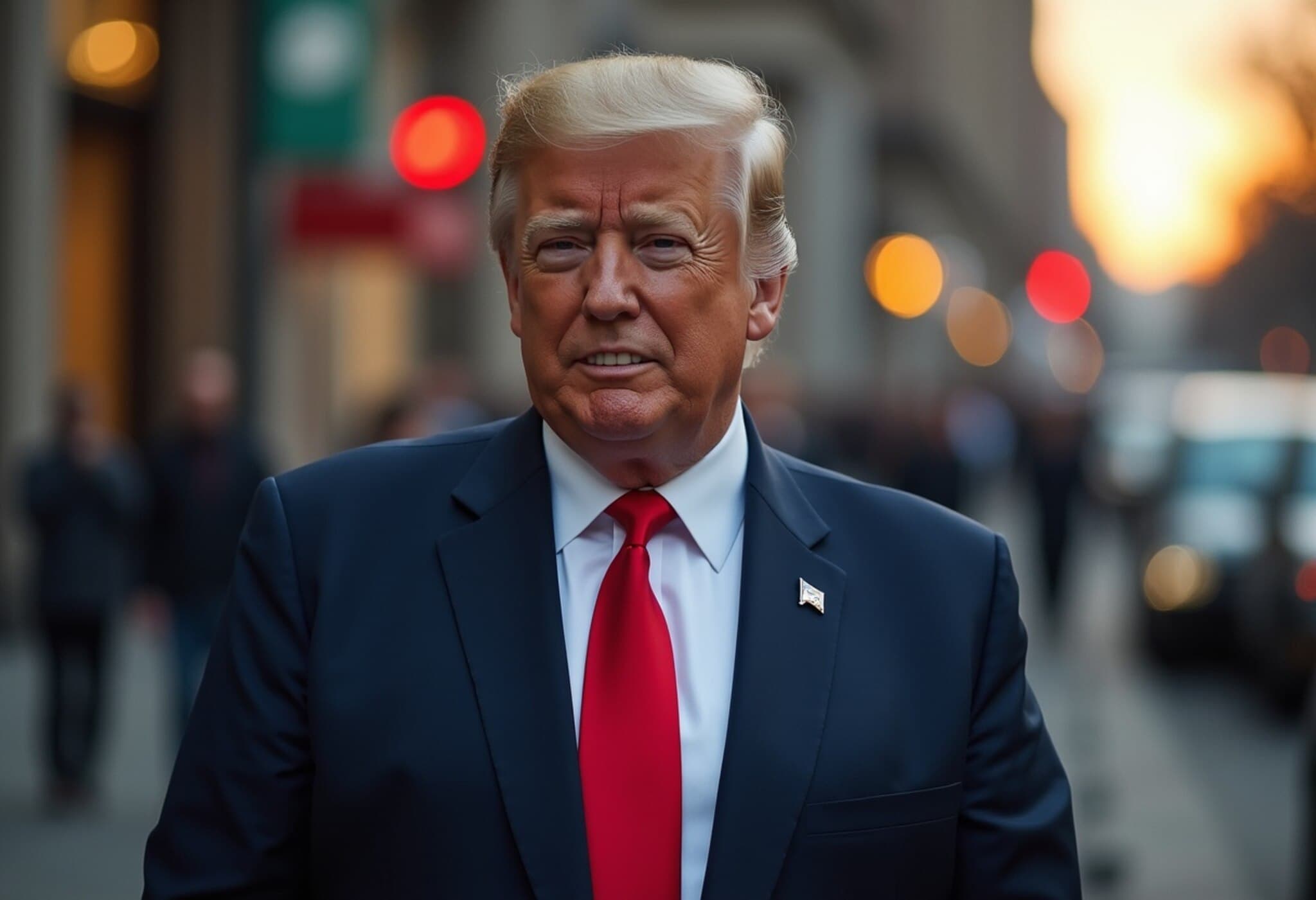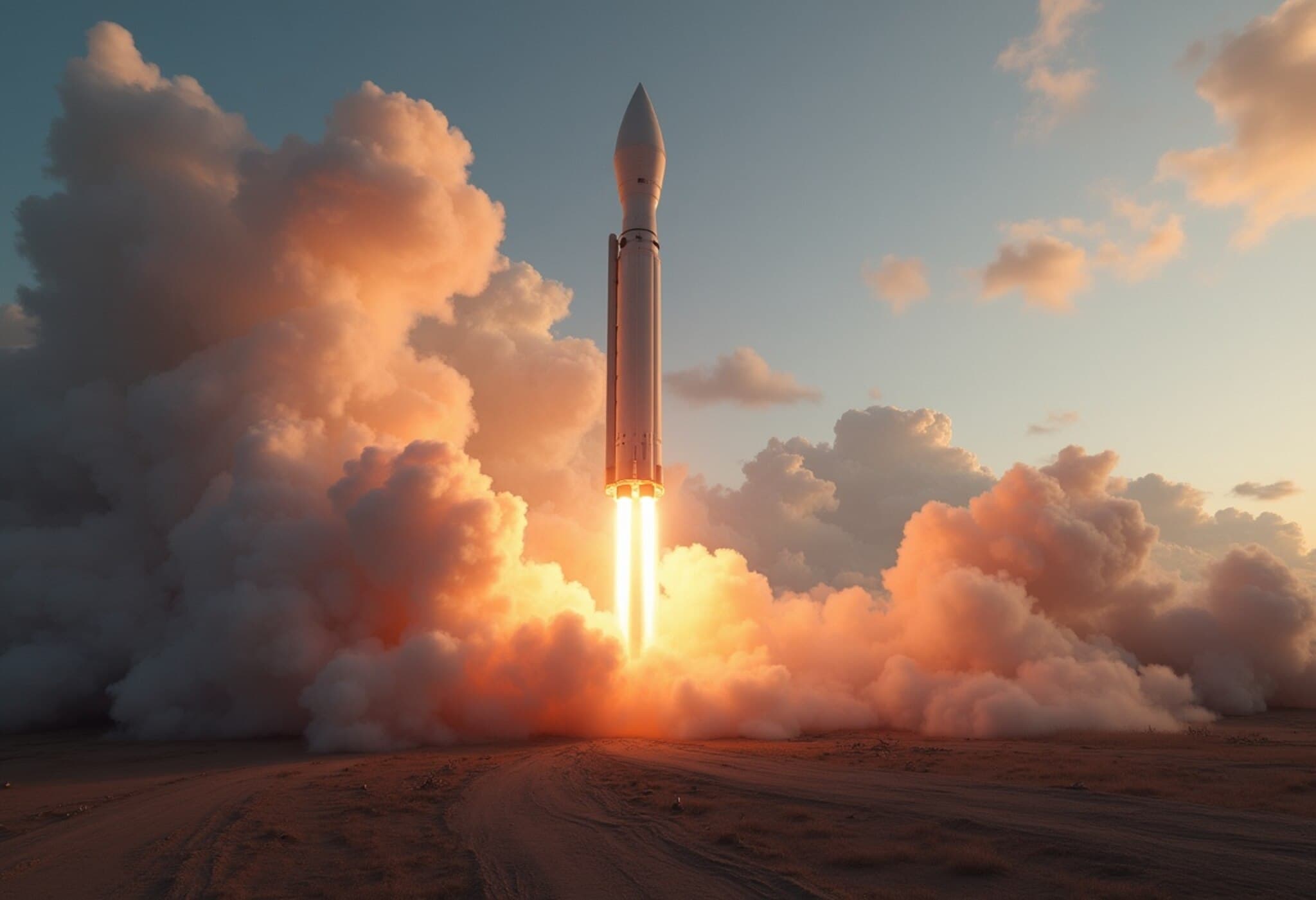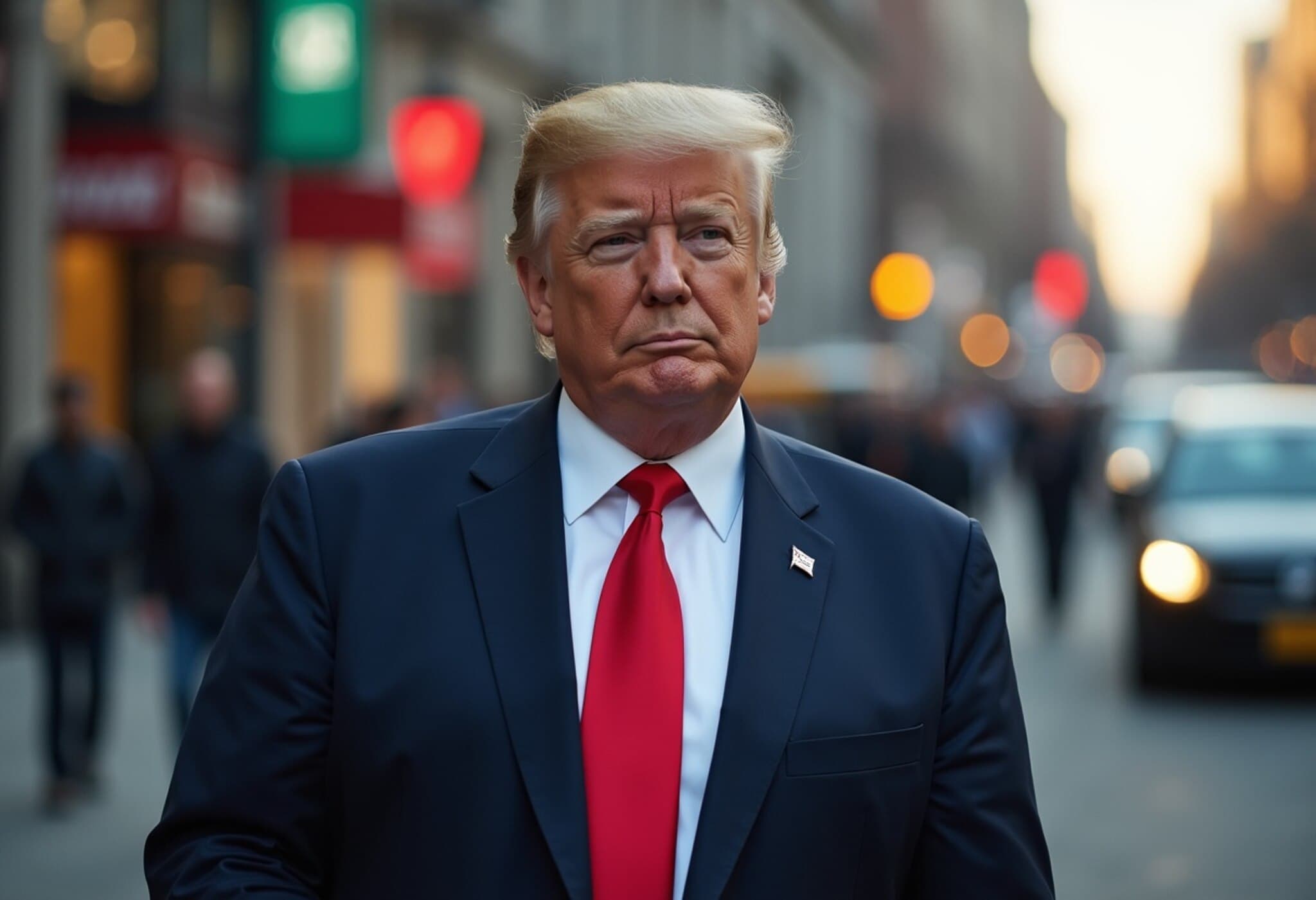US Imposes Sanctions on Brazilian Supreme Court Justice Alexandre de Moraes
In a bold and unprecedented move, the US Treasury Department announced on July 30, 2025, sanctions against Brazilian Supreme Court Justice Alexandre de Moraes. The sanctions come amidst heightened tensions surrounding the ongoing criminal trial of former President Jair Bolsonaro, whom Moraes presides over. Bolsonaro faces accusations of orchestrating efforts to unlawfully maintain power following his electoral defeat in 2022 by current President Luiz Inácio Lula da Silva.
The Basis for Sanctions: Allegations of Judicial Overreach
US Treasury Secretary Scott Bessent articulated the rationale behind these sanctions, accusing de Moraes of spearheading "an oppressive campaign of censorship, arbitrary detentions that violate human rights, and politicized prosecutions — including against former President Jair Bolsonaro." This executive action relies on the Global Magnitsky Human Rights Accountability Act, which targets individuals responsible for significant human rights abuses and corruption worldwide. The sanctions entail freezing any assets de Moraes holds within US jurisdiction.
Context: An Intensifying US-Brazil Political Standoff
This move follows earlier US measures, including visa restrictions on Brazilian judicial officials and an escalating trade dispute highlighted by a 50% tariff on Brazilian imports implemented by then-President Donald Trump. This tariff was publicly linked to the ongoing trial against Bolsonaro, whom Trump appears to sympathize with. Bolsonaro, like Trump, faces accusations of attempting to overturn a democratic election result — a rare mirrored political crisis in two of the world's largest democracies.
Implications for Brazil’s Judicial Independence and Sovereignty
The sanctions have deeply rattled Brazil’s political landscape. President Lula da Silva vehemently condemned the US measures as violations of Brazil’s sovereignty and judicial independence. Following the announcements, Lula promptly convened an emergency meeting with his ministers, emphasizing the importance of defending Brazil’s democratic institutions.
- Human Rights Watch Brazil publicly criticized the sanctions as a "clear violation of judicial independence, a pillar of democracy."
- International relations experts like Flavia Loss warn these developments signify a shift from routine trade disagreements to coercive tactics aimed at influencing Brazil's judicial decisions.
Bolsonaro’s Legal Troubles and US-Brazilian Relations
Bolsonaro, currently under court-imposed restrictions including an ankle monitor, is accused of mobilizing efforts to nullify his 2022 election defeat. His family, notably his son Eduardo Bolsonaro, has praised US sanctions as a landmark moment with global ramifications for accountability. Interestingly, Eduardo himself is under investigation for allegedly collaborating with US entities to facilitate these sanctions, a controversial development that adds complexity to the diplomatic rift.
Trade and Political Dynamics Collide
The US government has framed the 50% tariff as a response to Brazil’s policies and Bolsonaro’s prosecution, declaring an "economic emergency" under a 1977 law. However, this justification contradicts data showing the US maintained a $6.8 billion trade surplus with Brazil in 2024, challenging the narrative of economic threat. Brazil’s leadership rejects such characterizations, asserting their judiciary’s autonomy and national sovereignty.
Regional and Global Impact: What's at Stake?
This case reverberates beyond US-Brazil bilateral relations, touching on broader themes of democratic governance, judicial independence, and international norms. The US sanctions against a sitting Supreme Court justice mark a rare direct intervention into another country’s judicial affairs, raising urgent questions about diplomatic boundaries and respect for judicial processes.
Moreover, the parallel political crises involving Bolsonaro and Trump spotlight unsettling trends in democratic backsliding and election legitimacy challenges in major powers.
Key Questions Moving Forward
- Will US punitive measures exacerbate Brazil’s internal political divisions or prompt legal reforms?
- How will Brazil’s judiciary respond to what it perceives as foreign interference?
- What are the long-term consequences for US influence in Latin America following such unprecedented sanctions?
- Could this case set a precedent for international responses to judicial conduct or political prosecutions globally?
Editor's Note
This evolving saga underscores the fragile intersection of law, politics, and international diplomacy. The US decision to sanction a Brazilian Supreme Court justice over the prosecution of a former president raises profound questions about sovereignty, judicial independence, and geopolitical strategy. As Brazil navigates internal and external pressures, the world watches a pivotal test for democratic resilience. Readers should consider both the legitimate concerns around human rights and judicial impartiality alongside the risks posed by foreign intervention in sovereign legal proceedings. This story will undoubtedly remain a defining fixture in US-Latin America relations and democratic governance debates.

